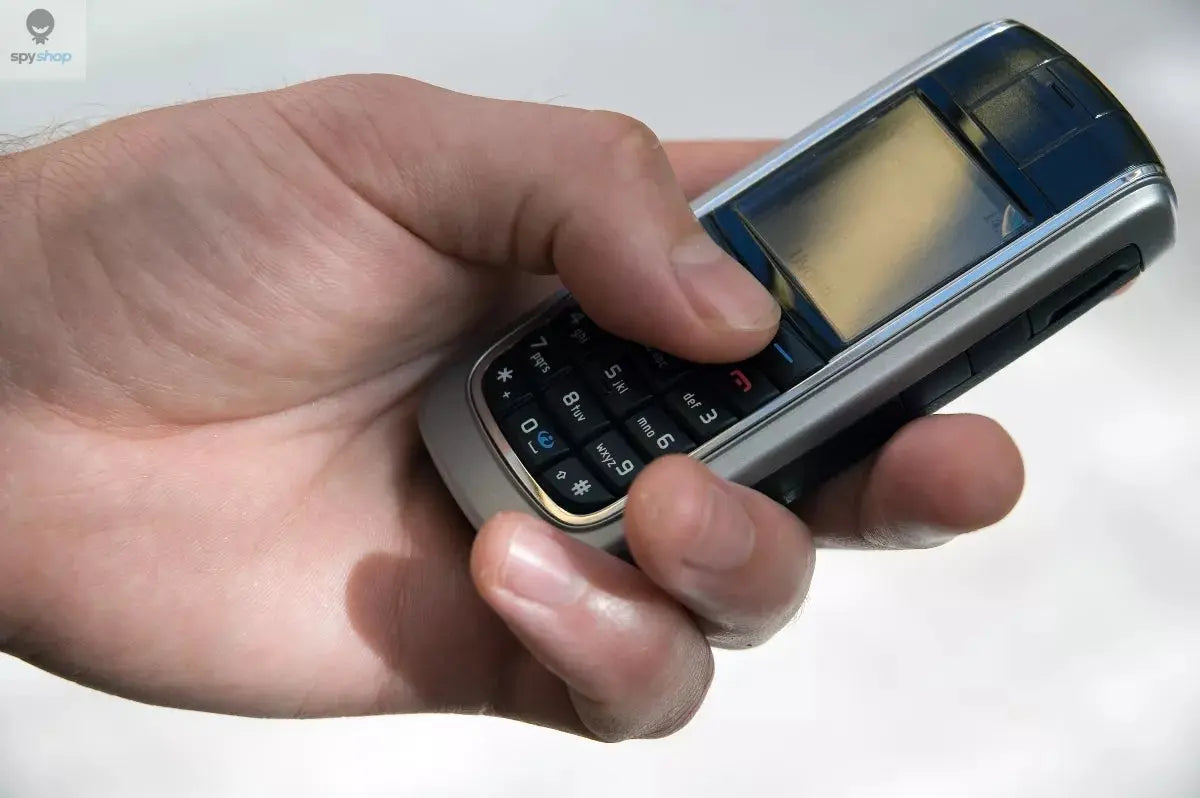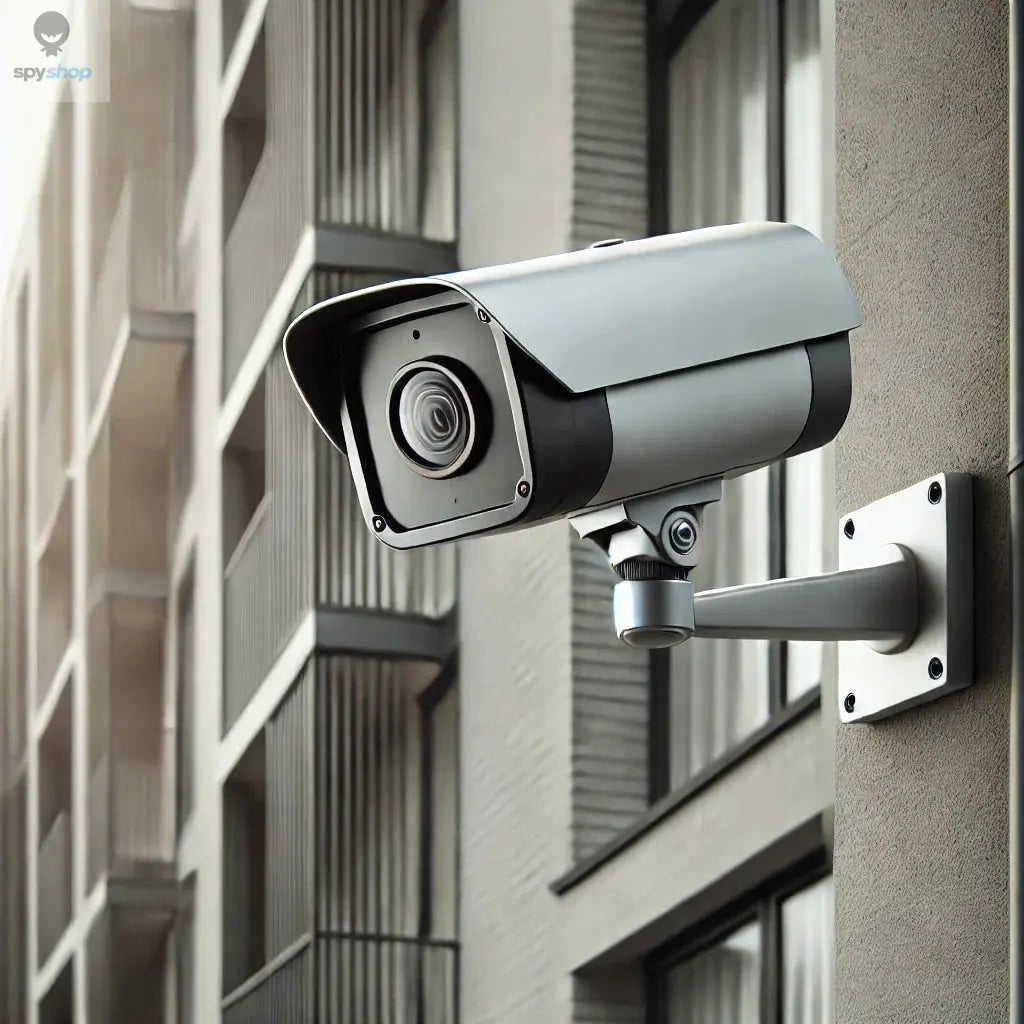
Is It Legal to Record Phone Calls in the UK? #UKLegalities #GDPRCompliance
Is It Legal to Record Phone Calls in the UK?
Is It Legal to Record Phone Calls in the UK The desire to record phone calls can stem from various needs: improving memory, documenting important information, protecting against cold callers, or feeling secure when speaking to unknown numbers. While recording your calls is a practical solution, ensuring you comply with relevant legal frameworks—particularly the UK’s GDPR (General Data Protection Regulation)—is crucial. This comprehensive guide explores the legality of phone call recording in the UK and how individuals and businesses can navigate these regulations effectively.
Understanding GDPR and Its Impact on Phone Call Recording #DataProtection
Introduced in 2018, GDPR governs how personal data is collected, stored, and shared. Its primary goal is to protect individuals from misuse of their private information. When it comes to recording phone calls, GDPR clarifies the dos and don’ts of this practice, making it essential to understand its implications.
Recording Phone Calls as an Individual #PersonalUse
For individuals, UK laws provide considerable freedom when it comes to recording phone calls. Here’s what you need to know:
-
Legal Framework:
-
The Regulation of Investigatory Powers Act (RIPA) allows individuals to record calls for personal use without restrictions.
-
There are no laws prohibiting individuals from recording phone conversations, provided the recordings are used solely for personal purposes.
-
-
Confidentiality and Consent:
-
While recording is permissible, sharing the recording with third parties without the other participant’s consent breaches GDPR guidelines.
-
To remain compliant, ensure that recorded conversations stay private between the involved parties.
-
-
Practical Benefits:
-
Personal call recordings can help document important information, dates, or agreements.
-
These recordings may also serve as evidence in disputes or to protect against fraudulent claims.
-
Recording Phone Calls as a Business #CommercialUse
The rules for businesses differ significantly due to stricter regulations on data collection and usage. Businesses must meet specific conditions to record phone calls legally:
-
Permissible Circumstances:
-
Recording transactions to document agreements and ensure accuracy.
-
Monitoring calls to maintain regulatory compliance and quality control.
-
Recording calls related to crime prevention or security.
-
-
Transparency and Consent:
-
Businesses must inform customers and employees when calls are being recorded.
-
Obtaining explicit consent ensures compliance with GDPR and builds trust.
-
-
Data Security:
-
Recordings must be stored securely and deleted when no longer needed to avoid GDPR violations.
-
Access to recordings should be restricted to authorized personnel.
-
Tools for Recording Calls Safely and Effectively #CallRecordingDevices
Recording calls can be seamless with the right equipment. Devices like the iPhone/Smartphone Mobile Call Recorder offer a user-friendly solution for capturing high-quality recordings. Here’s why this tool is a game-changer:
-
Ease of Use:
-
Pair the device with your smartphone via Bluetooth and start recording effortlessly.
-
The compact design makes it portable and convenient for on-the-go use.
-
-
Versatility:
-
Records calls in high-quality MP3 format, ensuring clarity and ease of playback.
-
Doubles as a digital voice recorder, perfect for taking notes during lectures, meetings, or casual conversations.
-
-
Practical Applications:
-
Helps individuals document important discussions or protect themselves from phishing scams.
-
Businesses can use recordings to enhance customer service, resolve disputes, or comply with regulatory requirements.
-
Advantages of Recording Phone Calls #WhyRecordCalls
Recording phone calls offers numerous benefits for both individuals and businesses. Here are some of the most compelling reasons to adopt this practice:
-
Enhanced Memory and Organization:
-
Review recordings to recall important details, dates, or agreements accurately.
-
Maintain organized records of business or personal conversations.
-
-
Fraud Prevention:
-
Keep evidence of suspicious or fraudulent calls to support investigations and legal actions.
-
-
Quality Assurance:
-
For businesses, call recordings enable training and performance reviews, improving overall service quality.
-
-
Peace of Mind:
-
Knowing that conversations are recorded provides a sense of security and accountability.
-
Best Practices for Call Recording #StayCompliant
Whether you’re an individual or a business, following these best practices ensures compliance with UK laws and maximizes the benefits of recording calls:
-
Inform and Consent:
-
Always notify the other party if the recording may be shared or used for purposes beyond personal use.
-
-
Secure Storage:
-
Use encrypted storage solutions to protect recordings from unauthorized access.
-
Regularly delete outdated recordings to reduce security risks.
-
-
Stay Informed:
-
Familiarize yourself with updates to GDPR and other relevant regulations to ensure ongoing compliance.
-
Conclusion: Recording Calls Responsibly and Legally #LegalGuidance
Is It Legal to Record Phone Calls in the UK Recording phone calls in the UK is a valuable practice for personal and professional purposes, provided it is done within the boundaries of the law. By understanding the regulations, using the right tools, and adhering to best practices, you can safely and effectively record conversations while respecting privacy and data protection laws. Whether for memory retention, fraud prevention, or quality control, responsible call recording empowers you to stay organized and secure in a rapidly evolving digital landscape.
Understanding the Basics of Call Recording
To determine if it is legal to record phone calls in the UK, one must consider the context. Generally, it is permitted to record a phone call if at least one party involved is aware of the recording. This means that if you are the person making the call and you know you're recording it, you can legally do so. However, if you plan to use the recording for a purpose that could harm someone, that may change the legality.
GDPR Compliance and Call Recording
In the UK, the General Data Protection Regulation (GDPR) also plays a significant role regarding call recordings. You need to have a clear purpose for recording conversations and inform other parties about it. So, while it is legal to record a call, you should ensure you comply with privacy laws. This includes storing the recorded calls securely and informing participants about their data rights, as failure to comply can lead to penalties.
Best Practices for Recording Calls
When recording phone calls, consider obtaining consent from all parties involved. This not only helps adhere to legal standards but also builds trust. Also, it's good practice to keep evidence of that consent saved. Therefore, if questions arise about the legality of your recording, you can demonstrate that you followed the necessary steps. Responsible practices will protect you legally and ethically when it comes to recording phone calls.


